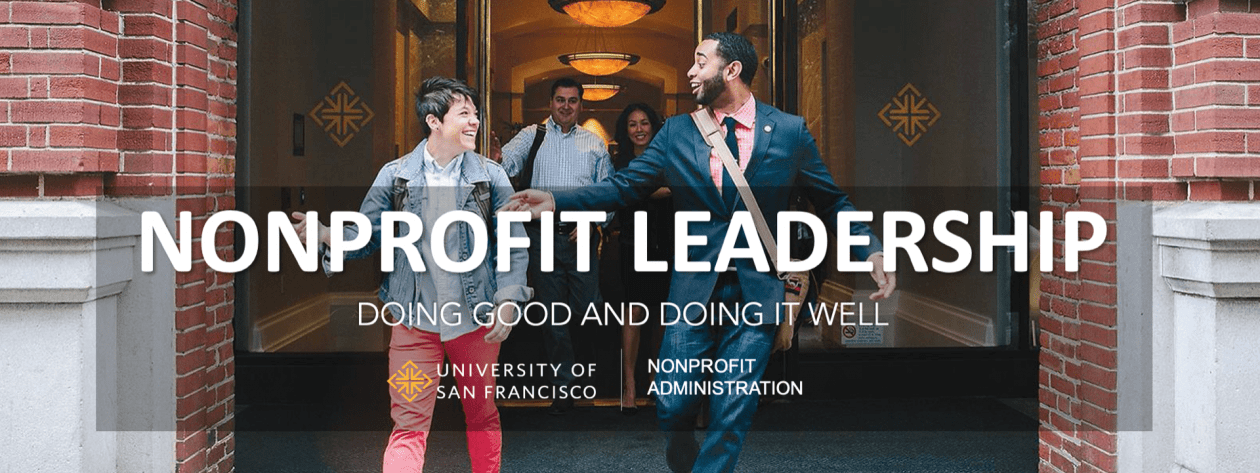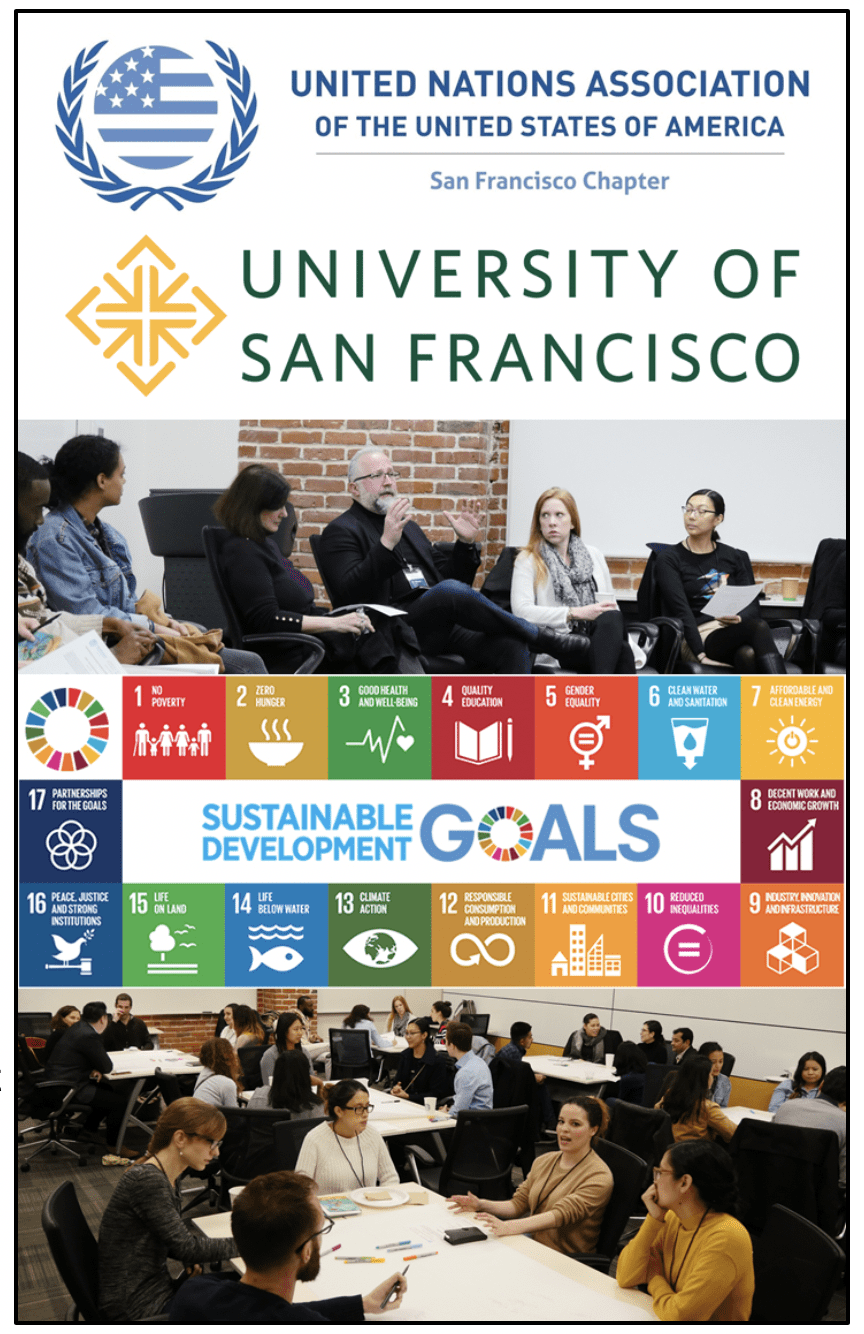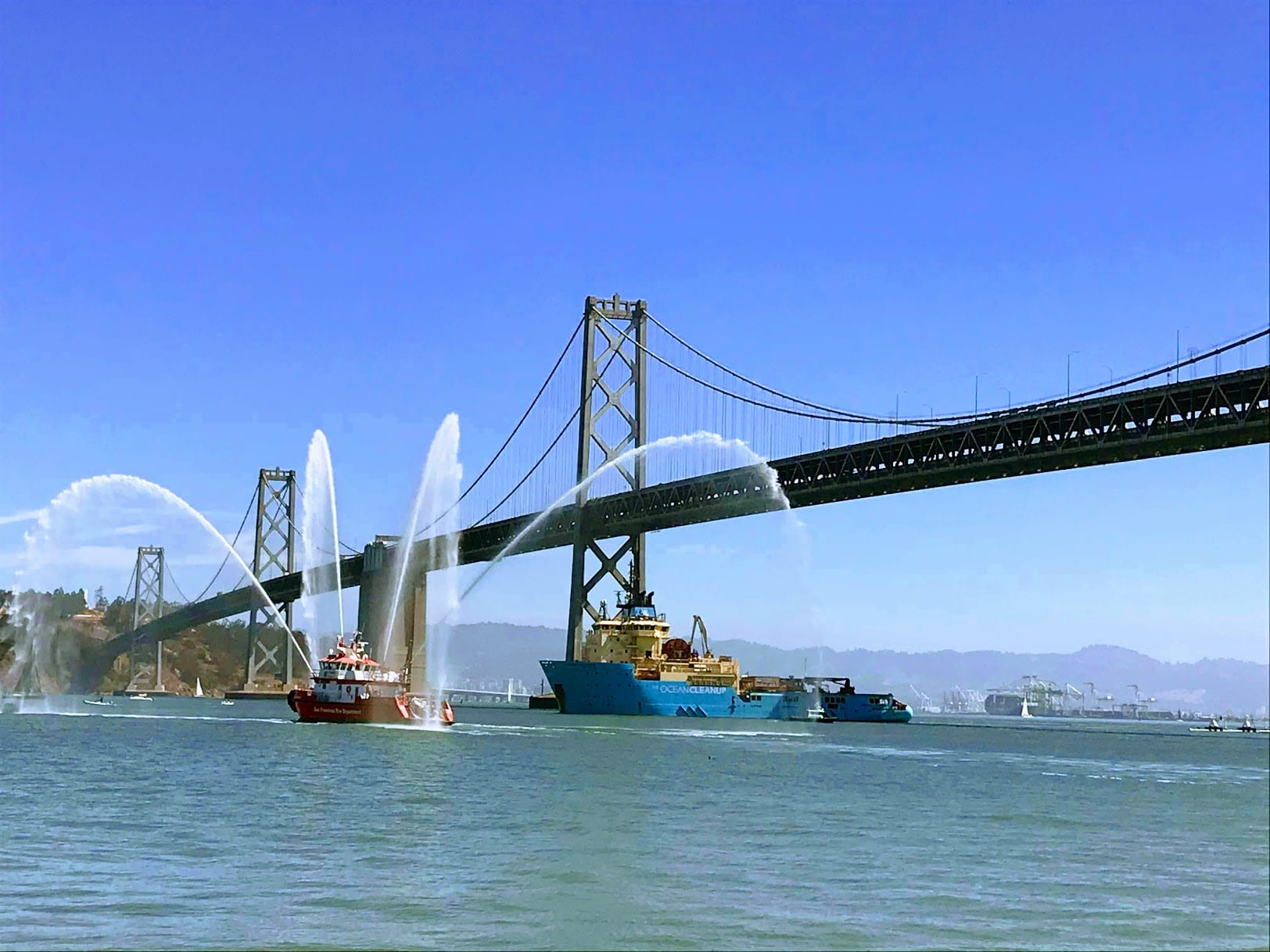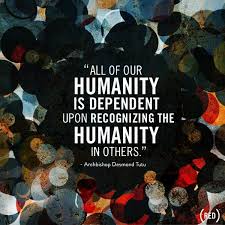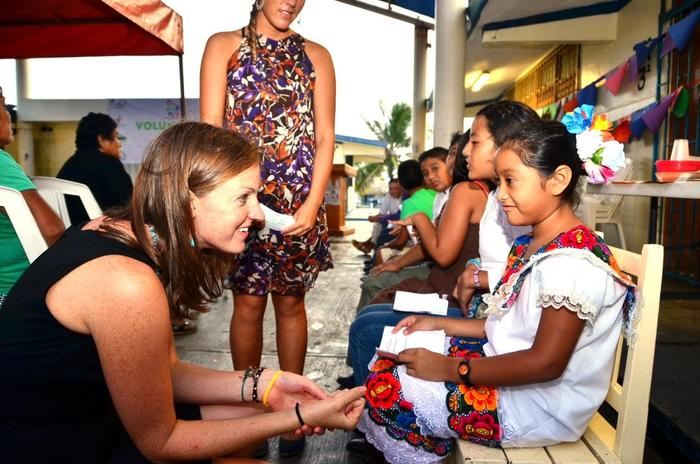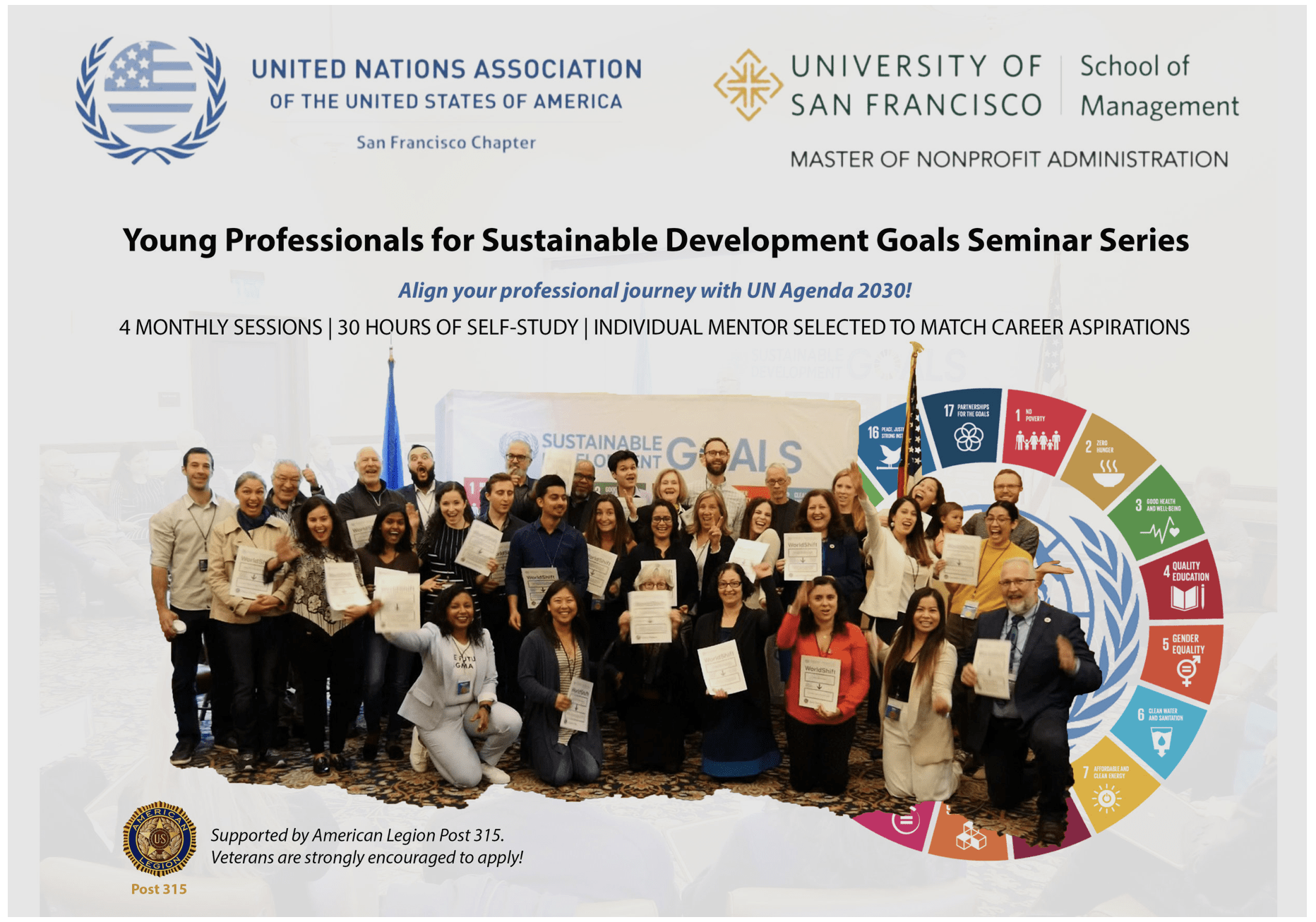
A joint program of the United Nations Association, San Francisco Chapter (UNA SF) and the University of San Francisco School of Management’s Master of Nonprofit Administration Program (USF-MNA). If you would like to learn more about the program to decide if it’s right for you or to offer a similar program through your organization, you can download the latest version of the program toolkit available under the Attribution-ShareAlike 4.0 International (CC BY-SA 4.0) license.
Overview
Young Professionals for Sustainable Development Goals Seminar Series is a professional development program for young professionals looking for opportunities to align their careers with the UN Agenda 2030 or make a career transition to a different sector or industry while focusing on some or all of the UN Sustainable Development Goals (SDGs)
This program was first offered in San Francisco, California in 2018. Participants included Global Disaster Response and Relief Lead from a top-tier tech company aspiring to work for the United Nations, a recent graduate of a Masters Program in Public Policy looking for a position in Corporate Social Responsibility, a healthcare professional planning to start her own nonprofit, and other talented and highly motivated young professionals with diverse backgrounds and a shared passion for creating a better world.
Most of the participants reported that making useful professional contacts with mentors and panelists, building long-term peer support relationships, learning about relevant networks and opportunities, and feeling supported, inspired, and more confident integrating UN SDGs into their work as hallmarks of the program that they found genuinely helpful. The overwhelming majority of past participants gave the program the score of 8-10 out of 10 for being extremely helpful for their personal and professional development.
Program Structure & Objectives
The program consists of 4 monthly half-day sessions at the War Memorial Veterans Building and 30+ hours of self-study. Through panel discussions, a dialogic process called World Café documented with the Collective Narrative Methodology, and curated self-study and peer learning participants deepen their understanding of the UN Sustainable Development Goals, explore possibilities to contribute to UN Agenda 2030 in different sectors and industries, work on developing the right mindset and the appropriate skills to contribute to real change, learn about relevant tools, resources, and networks, and develop a relationship with a mentor who is well-positioned to support specific career aspirations of the mentee.
Mentoring
Past participants in San Francisco were mentored by Mark Ward, a former Senior Advisor to the head of the UN Mission in Libya, Kate Arcieri Walter, Senior Foreign Policy and Diplomacy Services Officer at the Consulate General of Canada in San Francisco, Mary Elizabeth Steiner, President of the United Nations Association of the USA, San Francisco Chapter, and Dr. Marco Tavanti, Director of Nonprofit Administration at the University of San Francisco among others. We work with each participant individually to find an appropriate mentor based on the specific background and career aspirations.
Additional Training
Up to 4 participants can be selected to go through an additional training in World Café facilitation and Collective Narrative Methodology. Such participants would be called Hosts-In-Training and they would participate in the planning and facilitation of program sessions. This additional training requires a 45-hour commitment to participate in Zoom calls, study training materials, process data harvested from program sessions to create collective narratives, communicate with internal and external stakeholders and co-facilitate World Café dialogues at program sessions. This is a great opportunity for young professionals to get leadership experience, receive professional recommendations from the Program Director, and get this training acknowledged on their certificates of completion.
Admission Process
We admit candidates on a rolling basis. We start reviewing the applications 2 months before the first session of the program. The strongest applicants are invited to have a 30-min video call with the Program Director and/or other members of the Hosting Team. Additional interviews may be scheduled if the Hosting Team decides that it would help with the evaluation of a specific candidacy. Admission decisions are made by the Hosting Team and confirmed by the President of the United Nations Association, San Francisco Chapter and the Director of the University of San Francisco School of Management’s Master of Nonprofit Administration Program and are typically communicated within 2 weeks after the interview.
Admission Criteria
Our Hosting Team works on creating a balanced class of 20 participants to maximize the benefits of peer learning and peer support in the program. We are looking for candidates who are deeply committed to building a better world, have a genuine interest in the UN Sustainable Development Goals, and demonstrate the potential for leveraging the program to significantly increase their tangible contribution towards the SDGs.
Program Fees
Admitted candidates are asked to pay a one time registration fee of $300. This registration fee includes morning snacks and lunches. All decisions become final 1 week before the first session of the program: registration fee cannot be refunded after that. The additional training in World Café facilitation and Collective Narrative Methodology is a work-trade program and does not require additional financial contributions from selected participants.
Certificate
Participants who attended all 4 sessions and successfully completed all program assignments receive certificates of completion from the United Nations Association of the USA, San Francisco Chapter (UNA SF) and the University of San Francisco. Hosts-In-Training have their facilitation training mentioned on their certificates.
What Participants Say
Participants of the first cohort in San Francisco were asked in a follow-up survey what they would say to their past self who was just considering joining this program. Here are some of their responses:
-
“I think you took a very wise decision to join this program”
-
“I would say it was such a right decision to ‘just do it’”
-
“Absolutely attend every seminar and don’t stress about it. It is going to be a significant learning experience.”
-
“Yes, join. An opportunity to learn, connect, gain support, be understood, find a mentor and learn new skills.”
-
“Definitely join the program, you will answer questions for yourself you never even knew you had.”
